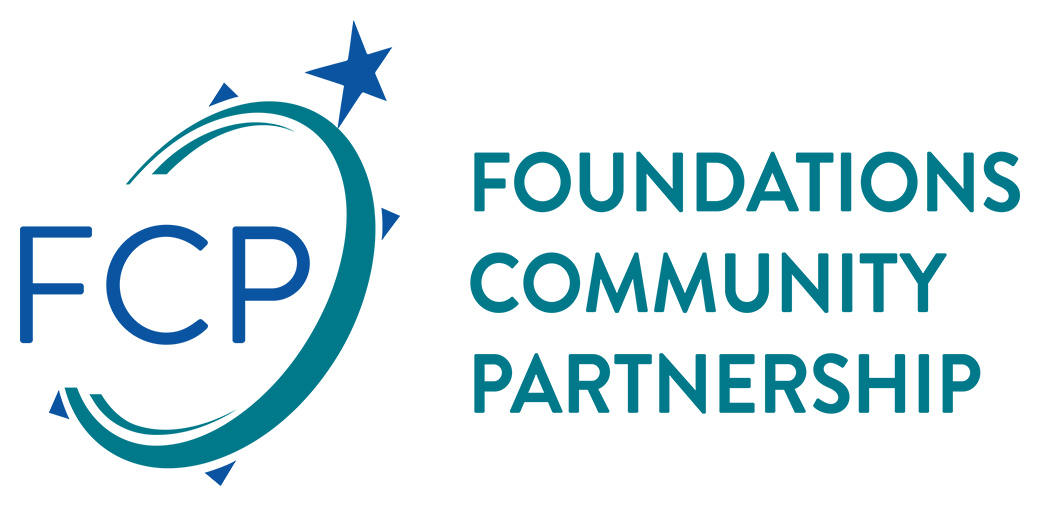Autism: Untangling Complex Cases
On May 5th 2010, Dr. Craig Newschaffer will be conducting a workshop on Autism, from 8:30am to 12:00pm at the Doylestown Health and Wellness center in Warminster PA.
Don’t miss this incredible opportunity to hear the world-renowned Dr. Craig Newschaffer from Drexel University talk about findings, trends, and what’s ahead in the research on the causes of autism. Dr. Newschaffer is the Principal Investigator of the Early Autism Risk Longitudinal Investigation (EARLI), the most comprehensive study of autism etiology in the world. During his presentation, Dr. Newschaffer will discuss the highly complex disease of autism and talk about what we are learning about the condition’s causes. He will also touch on some of the challenges faced communicating findings on autism risk factors to different audiences.

I thought that today’s workshop by Dr. Craig Newschaffer, “Autism: Untangling Complex Causes” was a refreshing break from just one more popular presentation on empirically based intervention strategies for _______________ (enter your favorite mental health disorder here).
Dr. Newschaffer spent one-half of his presentation telling us why the causes of Autism were complex and have not been untangled yet. He noted inadequate research on the topic for many years due to: changing definition of the Autistic Spectrum Disorders (ASD) in the past 60 years, few replicated studies, high prevalence of false diagnosis, and lack of longitudinal research. Although he acknowledged that the trend in ASD diagnosis appeared to be increasing during the past 15-20 years (15% per year?), he was adamant that it was impossible to quantify this trend with retrospective research only.
When he was talking about some of the (misguided) publications in the ‘60’s and ‘70’s blaming “Mom” for causing Autism, I couldn’t help but think of Virginia Axeline’s book; “In Search of Dibs”. A very popular, heart wrenching story about play therapy with an Autistic child, but it may have taken the research in the wrong direction for a time. As I looked around, I noticed that many participants were close to my age and must have been thinking the same thing. Come on now, ‘fess-up!
The second half of Dr. Newschaffer’s presentation was more optimistic. He talked about the research that refuted the popular “beliefs” of causes of Autism that are not true, including vaccines and poor-parenting (not Mom’s fault). He presented recent studies that are beginning to untangle the causal factors to this point, including genetic, prenatal, environmental (chemical and social). He mentioned several ongoing longitudinal studies that will be published in the next year or two. While Dr. Newschaffer did not untangle complex causes in this workshop, he gave us a “roadmap”.
I thought that this was a very palatable and interesting presentation of pure research to a clinical audience. Dr Newshaffer was even funny. All participants around me appeared attentive for the full 3 hours, and I heard no one snoring. It was refreshing to hear a researcher say “We just don’t know yet”.
Any feedback? Other thoughts?
FCP Announces Fall 2010 Workshops!
Wednesday, November 3, 2010 – 8:30 a.m. – 12:00 p.m.
Disruptive Behavior Disorders among Youth: Diagnosis, Assessment, and Intervention Strategies:
Deborah A. G. Drabick, Ph.D. is Assistant Professor of Psychology at Temple University with a joint appointment in Clinical and Developmental Psychology. Her workshoop will address
disruptive behavior problems among youth associated with a range of negative outcomes and are often difficult to treat. This workshop will provide an overview of the symptoms, risk factors, and correlates of disruptive behavior disorders. We will consider the roles of contextual factors in the development and maintenance of disruptive behaviors. Developmentally appropriate assessment strategies, as well as potential interventions that can incorporate assessment results in multiple settings will be covered.
Wednesday, December 1, 2010 – 8:30 a.m. – 12:00 p.m.
Early Signs of Autism Spectrum Disorder: Infants and Toddlers
Rebecca Landa, Ph.D., CCC-SLP is Director of the Center for Autism and Related Disorders and the REACH research program at Kennedy Krieger Institute, and Associate Professor, Department of Psychiatry and Behavioral Sciences at Johns Hopkins University School of Medicine. In this timely presentation, Dr. Landa will present information that is needed to detect autism spectrum disorders early in life. She will describe signs of developmental disruption in infants and toddlers, and patterns related to the onset of autism. Video examples will be provided on social, communication, and behavioral characteristics of very early signs of autism.
Wednesday, December 1, 2010 – 1:00 – 4:00 p.m.
Ethical and Legal Issues with Children and Adolescents in Schools and Clinical Settings
Linda K. Knauss, Ph.D., ABPP is an associate professor and Director of Internship Training at Widener University. She has served as a member of the Pennsylvania Psychological Association's Ethics Committee and Co-chair of the Philadelphia Society of Clinical Psychologists' Ethics Committee. Dr. Knauss has authored book chapters and journal articles on ethics, and has taught many workshops on a variety of ethical issues. This essential workshop will address ethical issues commonly encountered in the practice of clinical and school psychology. Topics to be covered include: age of consent to treatment; mandated reporting of child abuse; confidentiality and informed consent; record keeping; culturally sensitive services to diverse clientele; and individual and group assessment. Participants are invited to discuss ethical dilemmas from their own experience.